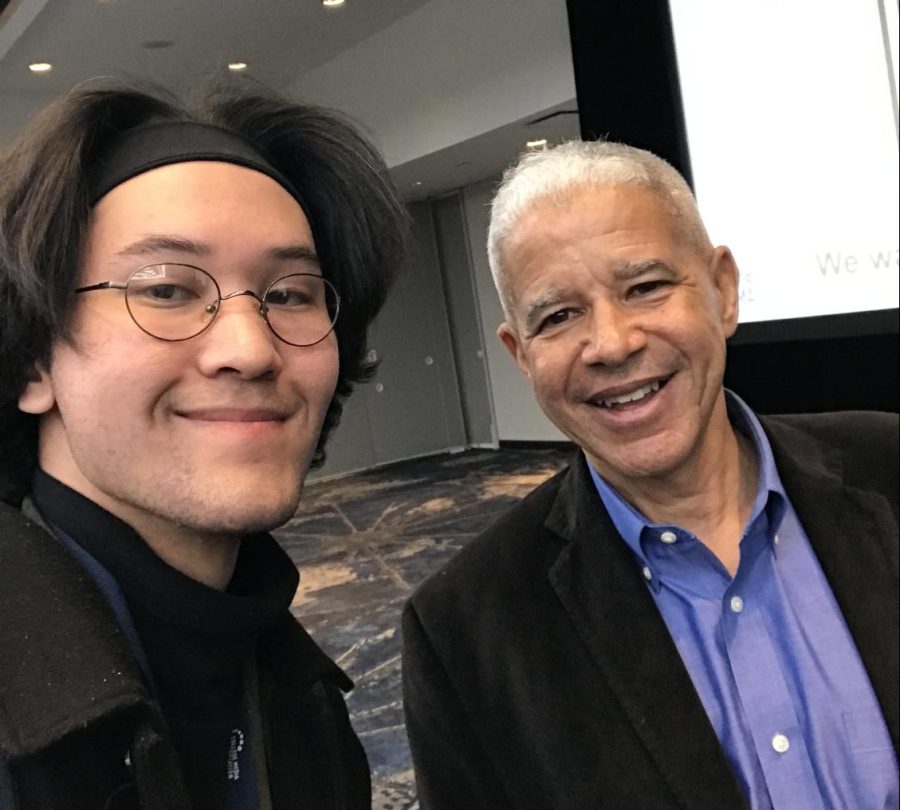Anatol Lieven’s “Pakistan: A Hard Country” is a timely read as relations continue to sour between Pakistan and America.
Disputes over the conduct of NATO peacekeeping operations in Afghanistan have boiled over as of late. The intense anti-Americanism of the local population and the ambivalent and mercenary behavior of the Pakistani government have created much bad blood in the region.
Lieven uses his experience of over two decades as a foreign correspondent for London’s The Times and professor of War Studies at King’s College in London to give context to the current situation in Pakistan.
Instead of using a chronological, linear narrative of Pakistan’s troubled birth followed by unstable government after unstable government, Lieven instead focuses on three topics: politics, geography and institutions.
What emerges is a picture of a state that has true staying power and relative stability. Instead of weighing Pakistan’s worth on the basis of its willingness to support the demands of the West, the author instead evaluates the success of Pakistan on the basis the fulfillment of its self-determined aspirations.
The author’s analysis of kinship and clan structures as the fundamental building blocks of the Pakistani state underlines Pakistan’s status as a “negotiated state.” The distribution of patronage and strong kinship ties is what the author credits as the reason for the resilience of Pakistan.
Lieven assures readers Pakistan will not devolve into a seething, chaotic morass as long as the aspirations of the Pakistani society can be sustained by kinship and clan structures. In the author’s mind, Western concerns over military despotism, nuclear proliferation and reactionary Islamism are largely figments of the imagination.
Rather than hold to the traditional narrative of how urbanization and industrialization creates state success by destroying traditional kinship and family ties, Lieven contends that the preservation of such kinship and family ties in an urban environment can create the conditions for successful industrialization through pooling of resources.
The author cites the lack of a kinship network as the Pakistani economy’s Achilles heel and through such kinship networks can lead to more popular base influence on government policies.
Lieven’s history of Pakistan does much to help give context to the history of a country key to American foreign policy now and into the coming decades.











